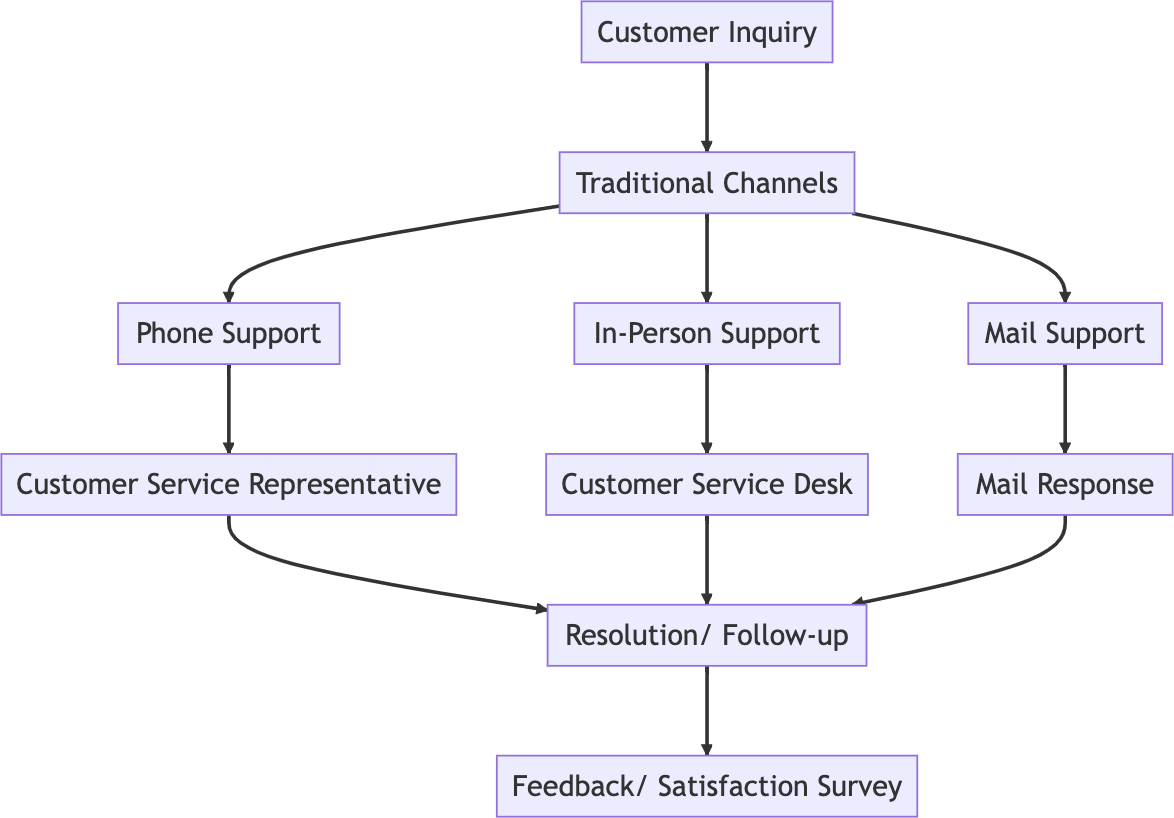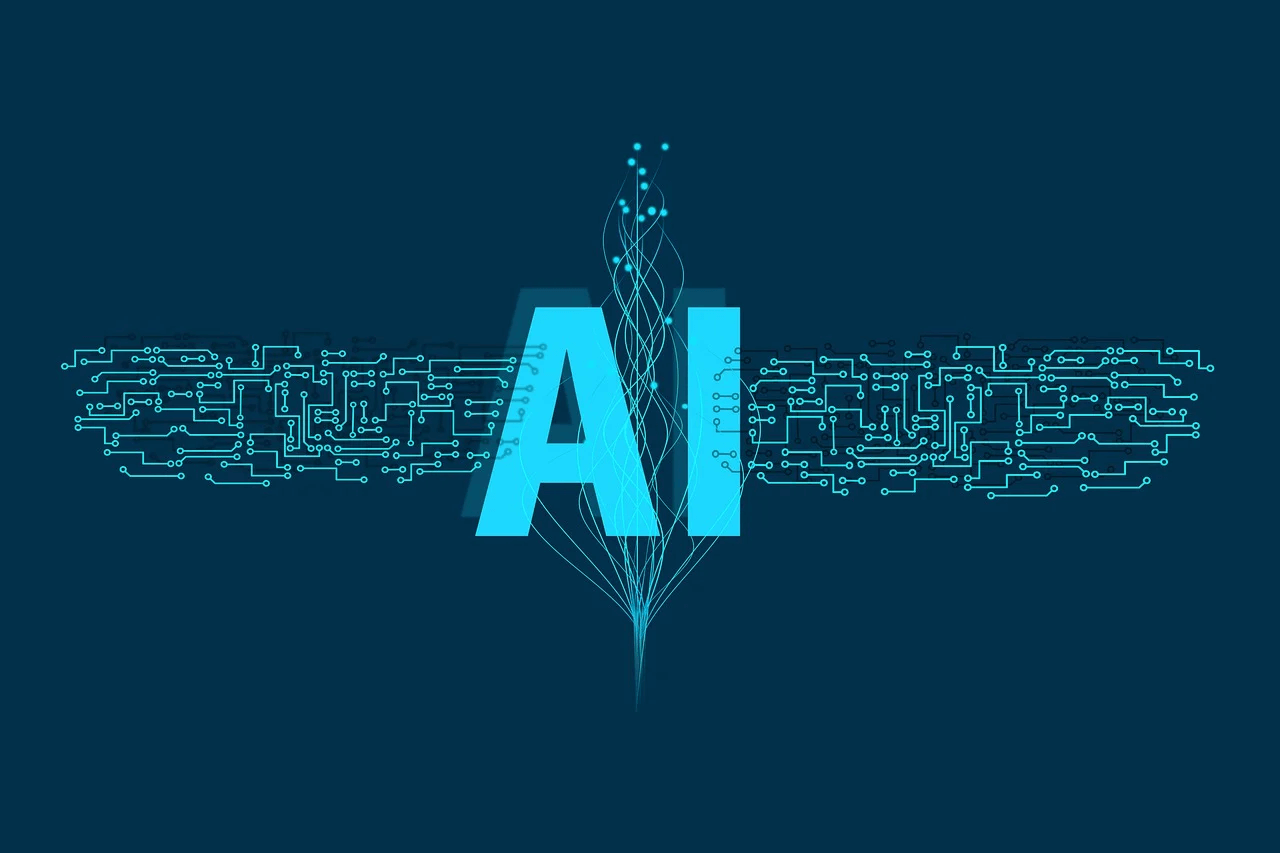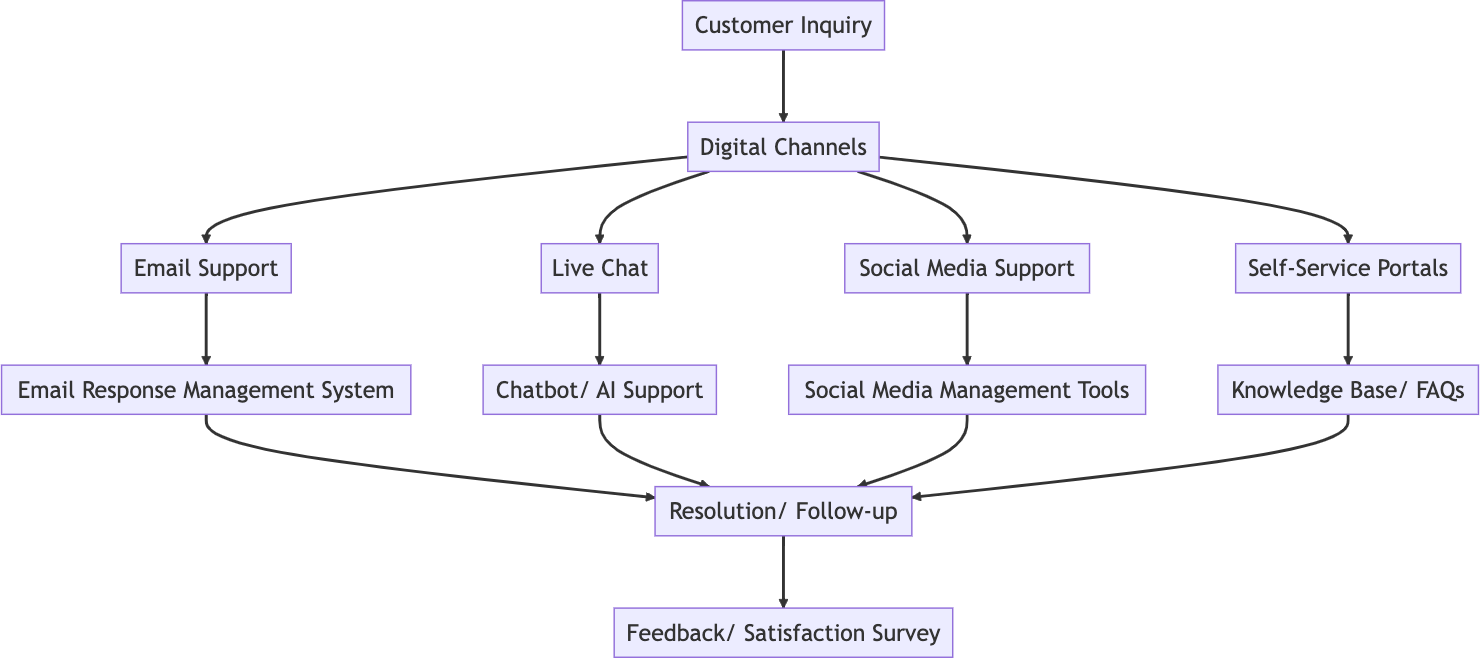The dawn of the digital age has been a game-changer in the world of customer service. Companies today are shifting their traditional customer service platforms to a digital ecosystem that ensures efficient and robust interactions with their customers.

The transition to digital customer service doesn't mean discarding the core values of customer service; instead, it magnifies and streamlines these principles for a modern age.
"Digital customer service is the new frontier in creating an engaging and responsive environment for customers."
Digital customer service incorporates a range of innovative solutions to optimize the customer journey. Some of the most compelling include:
1. Workflow Automation
Workflow automation is a crucial component of digital customer service. It automates repetitive tasks, thereby improving efficiency, accuracy, and customer satisfaction. It can help route customer inquiries to the right department or individual, manage customer interaction records, schedule follow-ups, and more.
2. Ticketing Systems
A well-implemented ticketing system is vital to manage, track, and resolve customer inquiries effectively. It ensures that no customer query falls through the cracks. It also provides valuable data that can be used to improve the customer service process.
3. Predictive Maintenance
In manufacturing, predictive maintenance leverages digital tools to foresee potential equipment issues before they occur, ensuring uninterrupted service and mitigating costly downtime. It results in higher equipment availability, increased customer satisfaction, and lower maintenance costs.
While digital customer service solutions present enormous potential, it is also essential to remember that the human aspect of customer service cannot be wholly replaced. Digital tools are there to enhance, not substitute, the human touch.
As businesses venture further into the realm of digital customer service, they should remain focused on their ultimate goal: to make life easier for their customers. Digital tools offer unprecedented opportunities to achieve this, but only when implemented with care, attention, and a customer-focused mindset.
The process of digitization in manufacturing services, especially in the realm of after-sales support, has seen some exciting developments. These include the adoption of AI-supported creation of checklists and instructions, which is revolutionizing the way workflows are managed.

AI-Powered Customer Service
Artificial Intelligence (AI) is transforming every facet of our lives, and customer service is no exception. The use of AI in customer service enables companies to provide quick and personalized responses to their customers.
For instance, AI can sift through massive amounts of data to detect patterns and trends that would be impossible for humans to identify. These insights can be used to predict customer needs and provide solutions even before they encounter a problem.
Further, the rise of AI-supported systems has led to the development of advanced tools for condition monitoring and predictive maintenance in manufacturing. These tools provide real-time data about machinery, leading to proactive maintenance and significant cost savings.
The Rise of Augmented Reality in Customer Service
Augmented reality (AR) is another digital tool rapidly gaining traction in customer service. AR combines the physical world with virtual elements, allowing for a hybrid interaction that offers rich, immersive experiences.
For instance, the concept of augmented reality in manufacturing has empowered technicians to overlay digital information onto physical machinery, thereby providing a visual guide to problem-solving. It has also found use in remote inspections, as shown in the TLT-Turbo's case with ADTANCE Support.
Realizing the Potential of Remote Support
In today's globally connected world, remote support has become an invaluable tool in the customer service arsenal. With remote support, businesses can provide instant assistance to their customers, no matter where they are located.
In the manufacturing sector, remote support can be used to guide customers through complex machinery setup and troubleshooting, without the need for on-site technicians. This not only saves time and resources but also ensures that operations are back up and running as quickly as possible.
The potential of digital customer service solutions is vast, with new technologies continually emerging and evolving. But at its core, digital customer service is about one simple thing: using technology to deliver superior customer experiences. It's about staying true to the age-old principles of customer service – attentiveness, empathy, and a commitment to solving problems – while harnessing the power of digital tools to deliver these principles more effectively and efficiently than ever before.

Customer Portals: The Gateway to Enhanced Customer Experience
Digital customer service solutions often leverage the power of customer portals to streamline and enhance customer interactions. A well-implemented customer portal can be a game-changer, making it easier for customers to find information, request services, and track their interactions with your business. However, one must avoid common mistakes when implementing a customer portal to fully harness its benefits.
The Role of Ticketing Systems in Digital Customer Service
Ticketing systems are a vital part of any digital customer service solution, providing an efficient way to manage and resolve customer issues. They enable businesses to track every customer interaction, ensuring that no request or complaint falls through the cracks. In manufacturing, where machinery issues can cause significant downtime and expense, an effective ticketing system is particularly crucial.
Industry 4.0: A New Era for Customer Service
The digital revolution has ushered in Industry 4.0, a new era characterized by interconnected devices, AI, and machine learning. These advancements have significant implications for customer service and after-sales support. By adopting a Industry 4.0 approach, businesses can leverage data and analytics to anticipate customer needs, deliver personalized service, and create a truly seamless customer experience.
Conclusion
Digital customer service solutions hold the key to improved customer satisfaction and loyalty. As technology continues to evolve, businesses that are quick to adapt and innovate will reap the rewards. From AI and augmented reality to customer portals and ticketing systems, the possibilities are vast and exciting.
Regardless of the specific tools and technologies your business chooses to adopt, remember that the ultimate goal of digital customer service is to make your customers' lives easier. By doing so, you'll not only build strong relationships with your customers but also set your business up for long-term success.
In the fast-paced world of digital customer service, staying ahead of the curve isn't just a nice-to-have - it's a must.